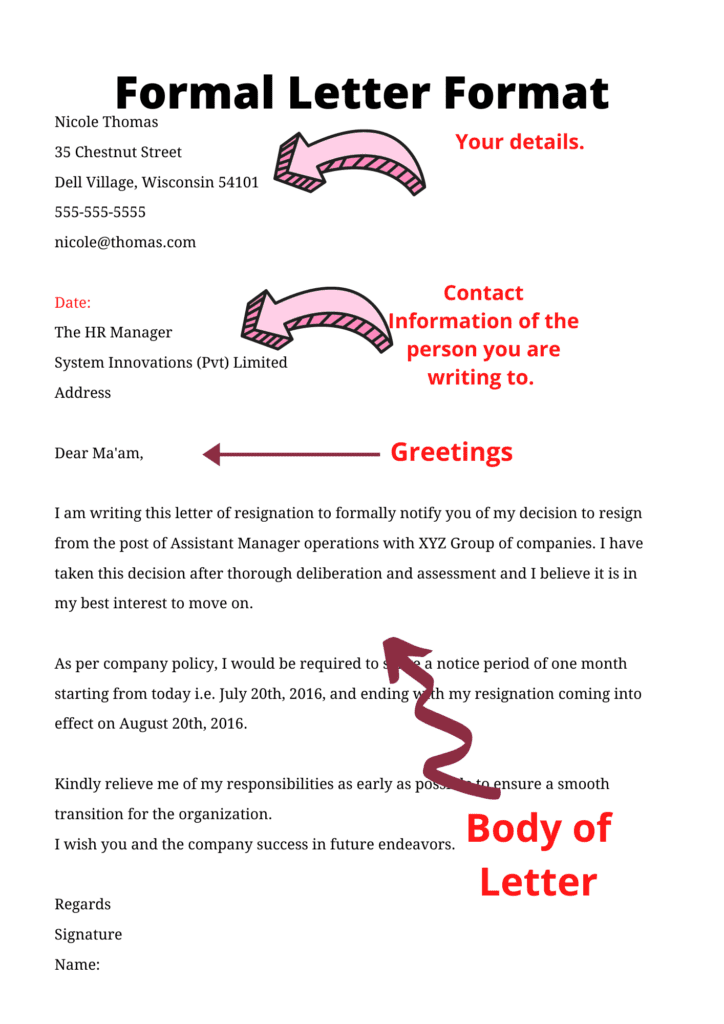A Complete Guide
A narrative essay is used for sharing the story from the author’s perspective by describing characters and events. It allows for creative expression, and the writer can incorporate a variety of intriguing features and descriptive strategies to help the reader make sense of the material delivered. You must include the whole story in a comprehensive manner that keeps the interest of the reader intact.
7 Effective Steps to Write a Narrative Essay
Check out the 7 most effective steps that will create an impactful story:
1. Select a Suitable Topic
The selection of an appropriate topic is the first step in producing an effective essay. It should be a topic that effectively communicates the writer’s experience. When you know who your target audience is, you know what you are doing. It assists you in considering all of the factors and narrowing your attention to choose narrative writing topics on which you can readily share your thoughts.
Do not chase after the trending topics on social media. Instead, try writing on the one where you feel most at ease while sharing your thoughts. After you have chosen the correct topic, you will be able to devote your full attention to discussing it.
2. Brainstorm Ideas
For well-crafted work, researching the chosen topic is a prerequisite. In narrative writing, however, research is not required because the story is primarily based on the writer’s own experiences. Before beginning to write on the subject, the writer should brainstorm ideas with others and write them down on a piece of paper.
It provides you with a clear sense of direction so you may convey your ideas in a logical order without missing anything. You have the opportunity to present anything you are thinking about beautifully. As a result, make a rough list of all the points before beginning to write a proper paper.
3. Create an Outline
When you create an outline, it helps you identify what main points should be a part of your essay. Your plot should have three parts; an introductory section, a body containing climax, and an intriguing conclusion. The introduction should grab the reader’s attention and maintain his interest to continue reading the remaining sections.
The body portion has all the twists and turns to elaborate the story further with well-defined characters and scenes. The ending part leaves the reader with an urge to imagine further and interestingly summarizes the whole idea.
4. Describe the Scenes and Characters
An outline might assist you in determining which essential ideas should be included in your essay. Your story should be divided into three sections: an introduction, a body with a climax, and an exciting finish. The beginning should grab the reader’s interest and encourage him to read the remaining portions.
The body section contains all of the twists and turns necessary to further develop the plot with well-defined characters and scenes. The final section enhances the reader’s curiosity and engagingly summarizes the entire concept.
5. Write in First-Person Narrative
Your sentences should be written in the first person. i.e., try utilizing “I” and sharing personal experiences. It not only improves your reader’s engagement with the story but also verifies its validity. Avoid writing in a passive tone because it may lose the reader’s interest.
Keep your attention on describing just what has to be communicated. Make extensive use of diverse language, symbolic thoughts, and concepts.
6. Remove Unnecessary Details
When your story contains elements that are not necessary, it makes a bad impact on those who are reading it. The reader will perceive your expression as more thought-provoking and significant if you use more accuracy in it. Remove any concepts that are not necessary for presenting your point of view to the reader.
We just throw in a random thought or anything out of context most of the time. Knowing the material that is directly related to the story and does not waste the reader’s time will grasp his interest.
7. Proofread Your Work
It’s critical to get your work professionally edited if you want to create a flawless composition free from errors. Before submitting, errors in grammar, punctuation, spelling, and other areas should be identified and fixed. Your essay should be thoroughly checked, and you can do it with the assistance of professional proofreaders.
Examine whether your work is appealing enough to achieve the goal you set out to achieve. You can use editing software or tools to help you remove the errors. Each written sentence should be able to accomplish the goal.
Conclusion
A narrative essay follows a specific format that incorporates all of the necessary details about a group of characters, stories, and events. To write a well-researched and wholesome essay, keep the step-by-step approach in mind.



